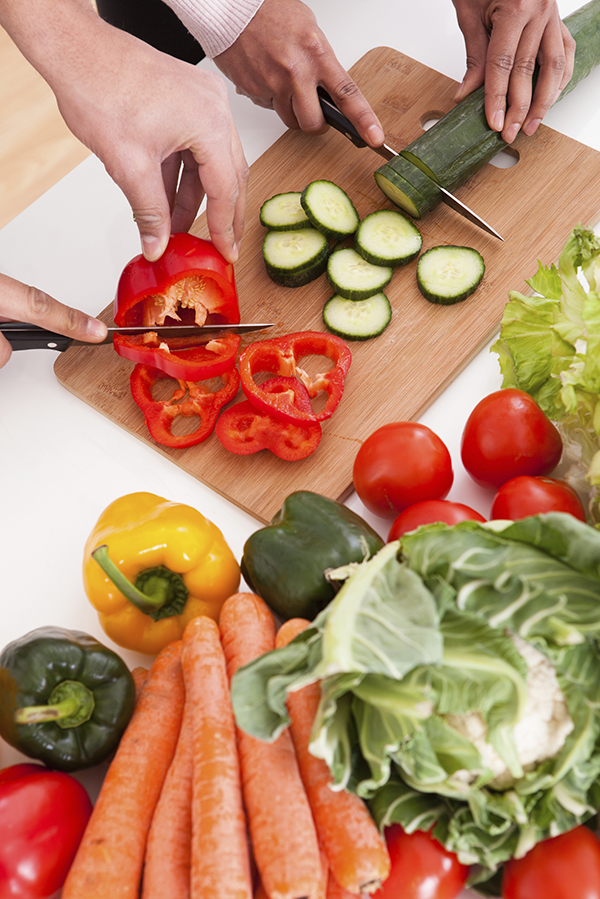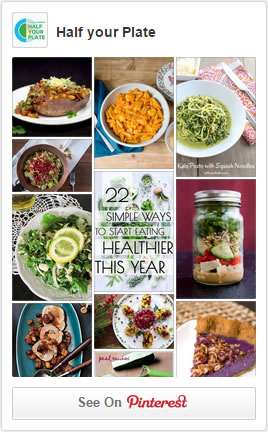New Years Resolution 2016: The only two healthy eating resolutions you need this year!
Original post on National Post by Carol Dombrow RD, Postmedia News
A high percentage of Canadians make new year’s resolutions but unfortunately we are not very good at keeping them!
My goal is to make it easier to keep your resolutions when it comes to healthy eating. I am recommending that you only need make two healthy eating resolutions to provide a huge impact.
- Eat less highly processed foods.
A highly processed food is usually packaged in boxes, cans or bags. The second test is to look at the ingredient list. The longer the ingredient list, the more processed the food is likely to be.
The solution -The more you can stick to whole foods- vegetables, fruits, lean meats, fish, lentils, beans, lower fat dairy, whole grains and other single ingredient foods the better.
The Benefit-A huge improvement in your diet. Less saturated fat, trans fat, free sugars and salt.
- Eat more vegetables and fruit.
More than 50% of adults and around 70% of children (ages 4 to 8 years old) are not eating even 5 servings of vegetables and fruit each day.
The Solution– Fill Half Your Plate with vegetables and fruit at all meals and snacks.
Choose fresh, plain frozen, canned or dried vegetables and fruit.
The Benefit*-Vegetables and fruit provide us with important nutrients including vitamins, minerals and fibre. A diet rich in vegetables and fruit may help reduce the risk of heart disease, stroke and some types of cancer.
Steps to making your resolutions work
It is important to make your resolutions part of your daily routine. Start with small steps.
- Know your current habits.
How many times a day are you choosing vegetables and fruit. How often do you have a frozen dinner, snack foods or prepared foods? Once you have an idea of your current eating habits, it is easier to make changes.
- Change your shopping habits.
Plan your meals; check what is in your pantry and fridge and make your list. Try to avoid the snack aisle at the supermarket.
- Eat one more vegetable or fruit each day.
Fresh fruit or vegetables are easy to pack to take with you to work or school.
- Prepare one extra (at least) meal per week.
Plan to spend a little time on the weekend making a meal that you can eat during the week.
Look for simple recipes that include whole foods including vegetables or fruit to tackle both resolutions at once.
- Make this a family affair.
Get everyone on board with eating healthily.
*Additional Benefits of Fruit and Vegetables – Vegetables and fruit provide vitamins A and C, potassium, magnesium and some B vitamins such as folate. These nutrients have a number of health benefits. Evidence also suggests that vegetables and fruit play a role in reducing the risk of obesity, diabetes, respiratory diseases and can contribute to weight loss.
If you have questions about what you are hearing in the news but are not sure what it means to you, please e-mail me at dombrow@rogers.com and follow me on twitter at @CarolD_RD.


















